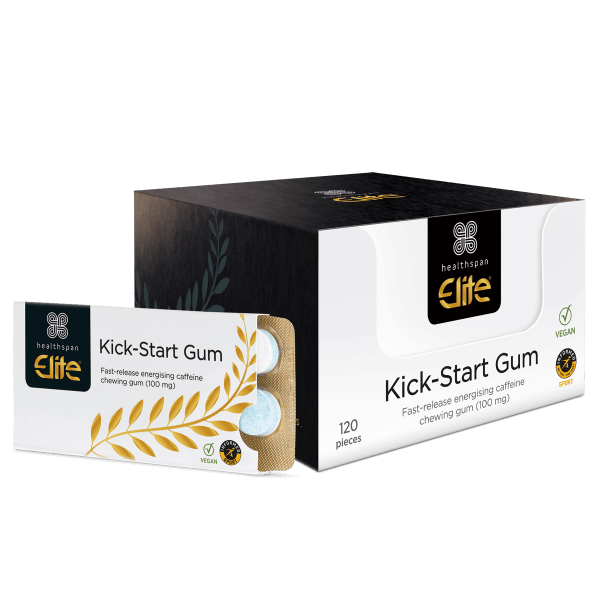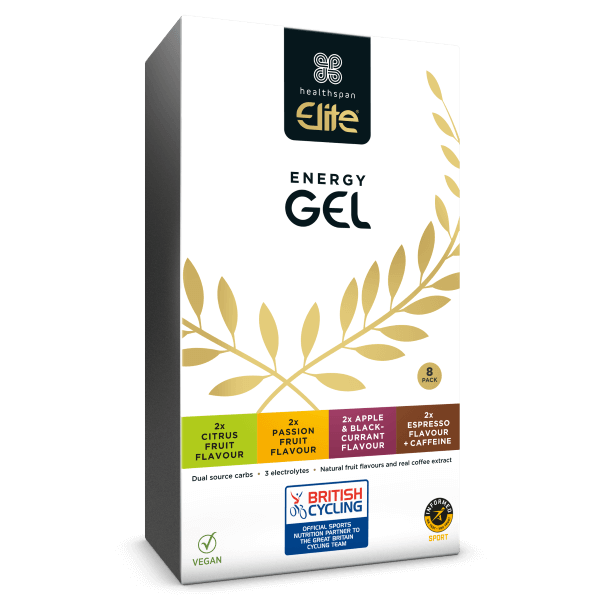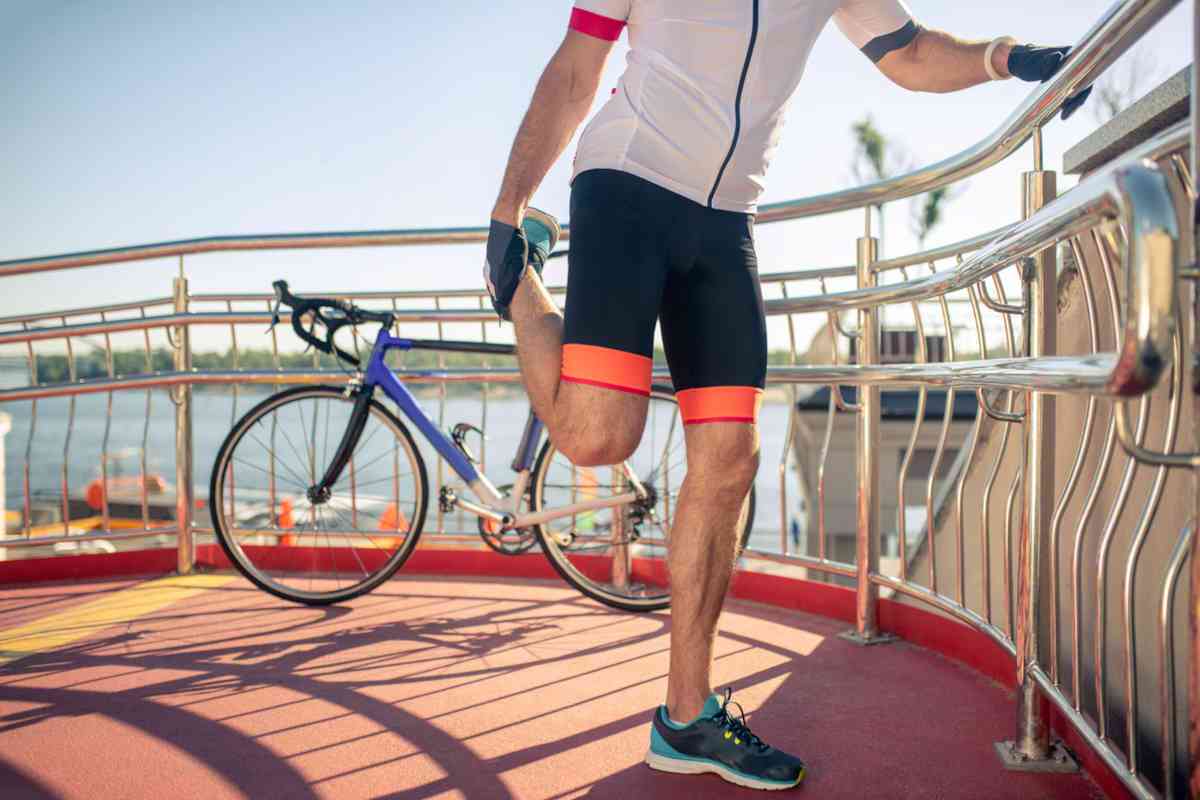Getting back on the bike after a long break needn't be difficult. The experts from British Cycling and Healthspan Elite are here to help.
Preparing for a ride
The food
Here's what Rob Hobson, Sports Nutritionist for Healthspan Elite, has to say about what to eat before your ride.
"Choosing the right kind of food is important to help fuel your bike ride and make sure you have the energy required to get you through it.
The night before, try to keep it nice and healthy by choosing a carbohydrate-rich meal containing pasta, rice or potatoes, along with a little protein. This will ensure that you have a good store of glycogen in the muscles to fuel your ride."
If you do enjoy a breakfast in the morning, once again it's all about the carbs: "Try a bowl of porridge, pancakes topped with fresh fruit or a bagel with peanut butter and a sliced banana. Try not to overdo the fibre for breakfast, as this may lead to bloating – not pleasant on the bike."
The supplements
George Robinson, Performance Nutritionist at British Cycling and The English Institute of Sport (EIS), says: "If you're not a morning person and a pre-ride breakfast isn't really your thing, then training in a 'fasted state' may compromise your higher-intensity efforts. However, a small dose of caffeine – 3mg per kilo of bodyweight, or approx. 200mg – taken 30-60 mins before you jump on the saddle can help maintain that performance edge.
"Healthspan Elite's Kick-Start Caffeine tablets or their faster-releasing Kick-Start Caffeine Gum would be an ideal addition to your training bag."

Elite Kick-Start Caffeine Gum
Quick-release energy boost
- 100mg caffeine per mint-flavoured gum
- 85% absorbed in 10-15 minutes
- Increases mental alertness
The warm-up
Dan McPartlan, Strength and Conditioning Coach for the GB Cycling Team and EIS, explains that it's important to warm up muscles before getting back on the saddle. "These three moves will mobilise joints and warm up important muscles. Try three sets of these, 20 times."
- Single-leg glute bridges
- Spider-Man lunge and rotation
- Side plank with leg raise
Lie on your back with your knees bent, feet shoulder-width apart. Lift your right leg so it’s straight up in the air with your foot flexed; keeping your upper back on the floor, engage your glutes, drive through your left heel and raise your hips off the ground until your knee, hips and shoulders form a straight line, pause at the top and then lower. Complete 20 and change legs, to make three sets.
Take a big step forward and drop into a lunge position. Place both hands on the ground in line with the first foot. With your knee on the outside of your arm, lift the arm next to your knee towards the sky, letting your eyes and head follow the direction of the hand, then lower. Complete 20 and change leg and arm, to make three sets.
On the floor, roll onto your right side. With your right elbow and forearm resting on the ground, extend your left leg on the ground to form a straight line. Take a deep breath, and as you exhale lift your left leg off the ground until it is at the same height as your hip, then carefully lower the leg and repeat. Complete 20 and switch sides, for three sets.
During the ride
Keeping hydrated
Robinson recommends keeping hydrated while you're out on the bike. "When riding our bikes, we begin to generate heat, and if we get too hot our body doesn't function as well as it should. This is why our bodies try to cool us down through sweating.
"Our sweat is made up of water and salts called electrolytes. Without replacing these two components as we ride our blood, which carries oxygen to our muscles, can get more viscous or 'thicker', meaning it can become difficult for our hearts to pump the blood around. By replacing lost water and electrolytes through sweating, we can avoid becoming too dehydrated."
A short ride of less than 90 minutes won't deplete your energy stores significantly enough to require any particular fuelling strategy. "However, if you're more adventurous or training for longer-distance events (over 90 minutes), we would recommend taking on board 30-60g of carbohydrate per hour. This can be through drinking, eating, or a combination of the two."
Hobson agrees. "If your ride is less than an hour, it's unlikely you will need to worry about refuelling with carbohydrate in the form of drinks, gels or food."

Elite Energy Gel - Mixed Pack
Carb and electrolyte boost developed with British Cycling
- Delivers fast-acting energy
- 25g fast-acting carbs and 3 electrolytes
- Apple & Blackcurrant, Citrus Fruit, Espresso (with Caffeine) and Passion Fruit
How can tech be useful?
McPartlan explains that it's important to monitor training load to improve fitness and prevent injuries. "Training load is the combination of training intensity and volume. Monitoring technologies provide a way to measure the intensity (how hard your ride is) and volume (the amount of riding you do), so can help you monitor training load."
Strava is a free app used by millions of cyclists to record their rides, including distance, elevation and speed. Most smartwatches and smartphones are compatible.
Keeping motivated during a long ride
If you feel you may mentally flag on a long bike ride, Robinson gives his top three tips:
- Plan a route and factor in drink refills and café stops to keep hydrated and fuelled properly.
- If you're on the bike and need a quick boost, use a carbohydrate drink or snack as soon as possible to provide a source of quick-release fuel.
- Taking an Elite Energy Gel + Caffeine is a sure-fire way to get the quick fuel the body wants, as well as getting the added fatigue-reducing benefit of caffeine.
Post-ride
After your ride, recovery is key, which means you should cool down after you ride. According to McPartlan, "The most important thing after your bike ride is to stretch. The most important areas to stretch will be lower back, glutes, hamstrings, quadriceps and calves.
"Chronic overuse injuries are often caused by muscles tightening around frequently used areas. When this goes unattended long-term, it can cause structural changes to soft tissue (muscles, ligaments and tendons). Stretching after a ride will help prevent this tightening and therefore structural changes to soft tissue."

Making sure you stretch after your ride is key, according to Dan McPartlan, Strength and Conditioning Coach for the Great Britain Cycling Team.
Feeding your recovery
To help recovery, Hobson suggests a well-balanced plate containing a source of carbohydrates. "This can help replenish glycogen stores, as well as protein to help aid muscle repair and recovery and plenty of veggies for a good intake of vitamins, minerals and plant compounds that support all bodily functions including those involved in recovery."
Recovery supplements
Regarding supplements, Robinson recommends a combination of carbohydrate and protein, not only to replenish used muscle and liver glycogen stores, but also to help repair and grow muscle. "We would recommend having 0.8g per kilo of bodyweight carbohydrate, along with 0.3g per kilo of bodyweight protein, soon after finishing your ride. Healthspan Elite's new Mass Gain Protein Blend with its added carbohydrate would serve as a useful immediate post-ride recovery shake."










